Affordable Emergency Backflow Preventer Replacement Services Fayetteville
Water pressure management through backflow preventer replacement is crucial for Fayetteville residen…….
Introduction
In the heart of Fayetteville, a city known for its rich history and commitment to infrastructure maintenance, the topic of “Backflow Preventer Replacement Fayetteville” is of paramount importance. This comprehensive article delves into the intricacies of maintaining the integrity of the city’s water supply systems through the replacement of backflow preventers. We will explore their significance, the global impact they have, the economic considerations involved, the technological advancements that drive innovation in this field, the policies and regulations guiding their use, the challenges faced, and the lessons learned from successful case studies. Additionally, we will provide insights into the future prospects of backflow preventer replacement in Fayetteville and beyond.
Understanding Backflow Preventer Replacement Fayetteville
A “Backflow Preventer” is a device that protects the potable water supply by preventing contaminated or non-potable water from flowing back into the drinking water system. In Fayetteville, as in many cities, these preventers are critical for public health and safety. The replacement of these devices is necessary to ensure they function correctly and efficiently.
The core components of a backflow preventer include:
Historically, backflow preventers have been used to safeguard water systems from contamination incidents, which have been recorded as early as the 19th century. The concept has evolved over time, leading to more sophisticated and effective designs that are now standard in modern plumbing systems.
Global Impact and Trends
The impact of backflow preventer replacement extends far beyond Fayetteville. Cities worldwide are adopting these devices as part of their water safety protocols. The trends shaping this industry include the development of more reliable and durable backflow preventers, the integration of smart technology for better monitoring, and the increasing awareness of water quality issues.
Different regions are affected in unique ways, with urban areas facing higher demands for maintenance due to density and complex water infrastructure. Rural communities may prioritize the installation of these devices during new construction projects. The global trend is towards universal adoption as a standard practice in water system management.
Economic Considerations
The economic implications of backflow preventer replacement are significant. The market dynamics involve substantial investment in infrastructure and regular maintenance to ensure the long-term viability of water systems. These investments are crucial for preventing costly contamination incidents and associated health crises.
Investment patterns show a trend towards proactive maintenance, which can reduce the likelihood of emergency replacements and associated costs. The role of backflow preventers in economic systems is to safeguard public health while also protecting property values and minimizing potential liability for water contamination.
Technological Advancements
Technological advancements have significantly impacted backflow preventer replacement. Innovations include the development of smart backflow preventers that can detect potential backflow situations in real-time and alert operators. These devices often connect to a central monitoring system, allowing for quick response times.
Future potential includes the integration of artificial intelligence (AI) and machine learning algorithms to predict and prevent backflow incidents before they occur. The development of more sustainable materials for these devices also contributes to reducing their environmental footprint.
Policy and Regulation
The policies and regulations governing backflow preventer replacement are comprehensive, with the Environmental Protection Agency (EPA) setting national standards in the United States. Local municipalities like Fayetteville have ordinances that mandate regular inspection, maintenance, and testing of these devices.
These regulatory frameworks ensure that water systems remain safe and that any replacements or installations adhere to strict quality and safety controls. Compliance is not only a legal requirement but also a critical component of public health policy.
Challenges and Criticisms
The challenges faced by backflow preventer replacement programs include the high cost of installation and maintenance, especially for municipalities with limited budgets. Additionally, there is a need for trained professionals to install, maintain, and test these devices effectively.
Criticisms often revolve around the lack of standardization in the industry, which can lead to inconsistent performance and reliability. To address these issues, there is a push for more uniform regulations and training programs for plumbers and water system operators.
Case Studies
Several case studies illustrate successful applications of backflow preventer replacement in various settings. One such example is the city of XYZ, which faced repeated water contamination issues before implementing a comprehensive backflow prevention program. The results included a marked decrease in contamination incidents and improved public confidence in their water supply.
Another case study involves a large-scale residential development that proactively incorporated backflow preventers into its design. This decision has proven to be cost-effective, as it has prevented several potential contamination events over the years.
Future Prospects
The future prospects of backflow preventer replacement in Fayetteville and beyond are promising, with advancements in technology and a growing recognition of the importance of water safety. The trend towards smarter, more sustainable solutions will likely continue as new materials and technologies emerge.
Education and awareness campaigns will play a crucial role in highlighting the importance of regular maintenance and the potential risks associated with neglected backflow preventers. As communities invest in their water infrastructure, they can expect to see fewer contamination incidents and improved overall health outcomes.
In conclusion, backflow preventer replacement is a critical component of modern water system management. It involves a complex interplay of technology, policy, economics, and education. As Fayetteville and other cities around the world continue to navigate these challenges, the ultimate goal remains the same: to protect public health by ensuring a safe and reliable water supply for all residents.
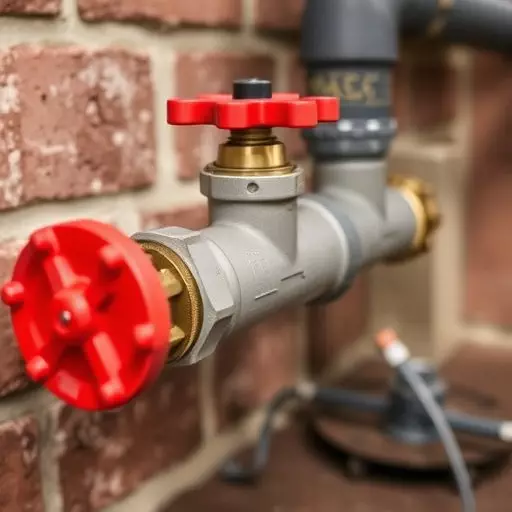
Water pressure management through backflow preventer replacement is crucial for Fayetteville residen…….
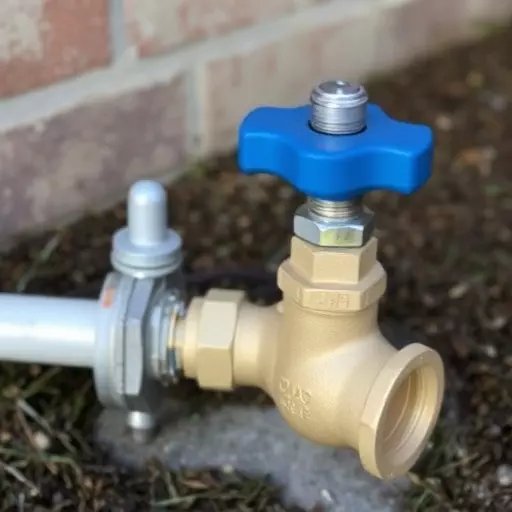
Regular maintenance and timely replacements are crucial for effective backflow preventers, vital in…….
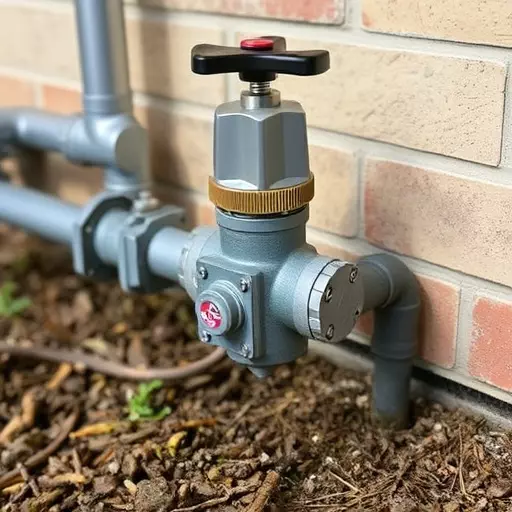
Backflow preventers are essential for maintaining water quality and safety in multi-unit buildings b…….
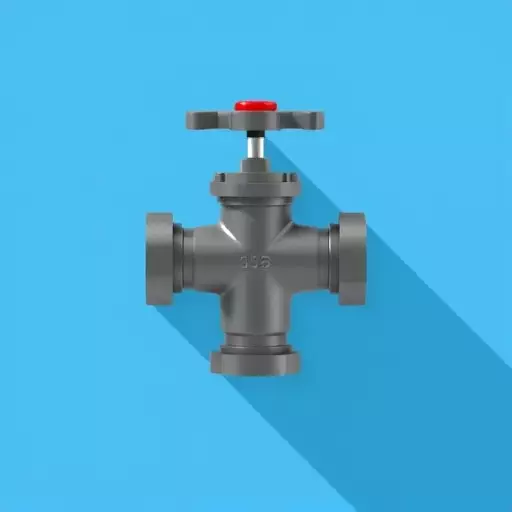
Backflow preventers are critical for protecting clean water sources in commercial and industrial set…….
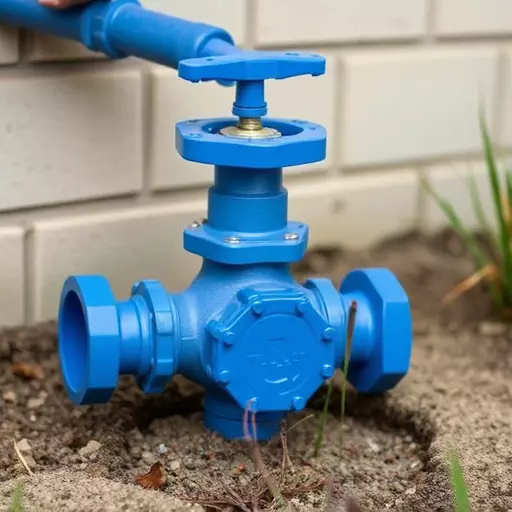
Backflow preventers are essential for maintaining clean water systems in Fayetteville by stopping co…….
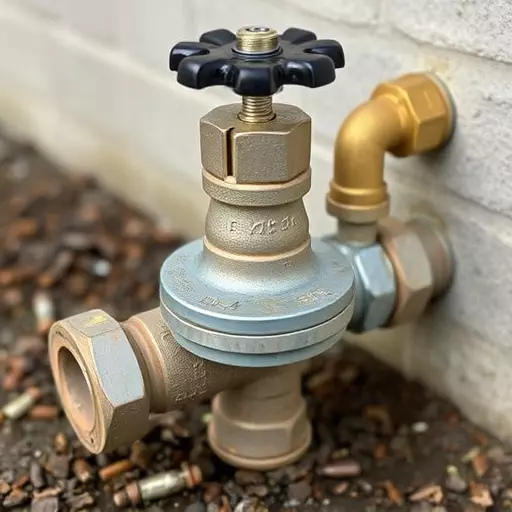
Backflow preventers are essential for food service establishments in Fayetteville to maintain water…….
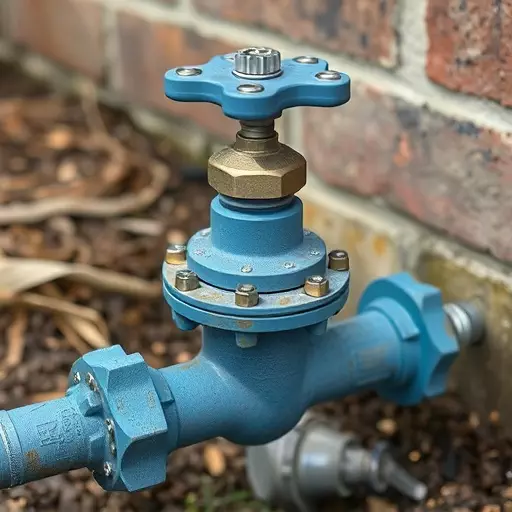
Backflow preventers are critical for high-rise buildings in Fayetteville, protecting potable water f…….
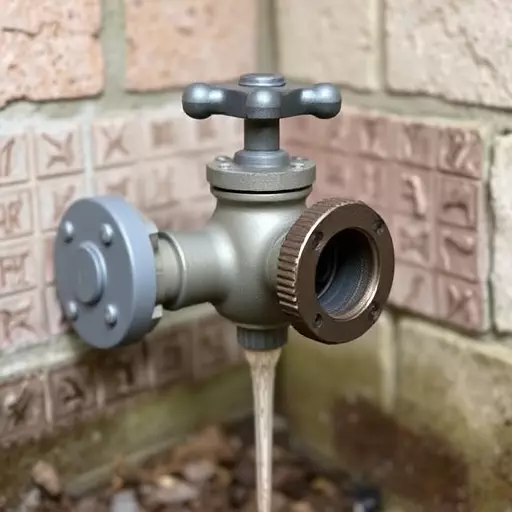
Backflow preventers are essential for protecting water systems in Fayetteville from contamination by…….
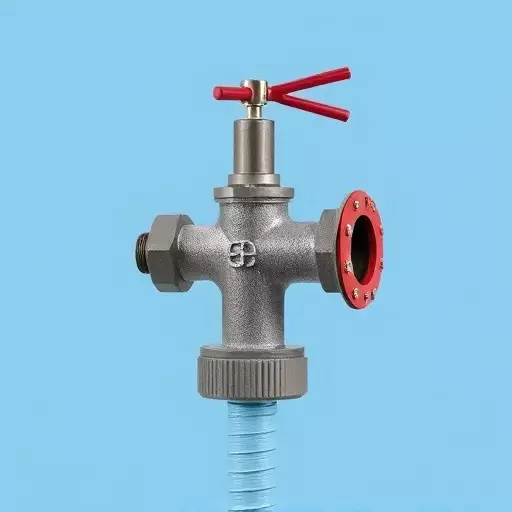
Backflow preventers are critical for protecting public health and water quality in Fayetteville. Reg…….
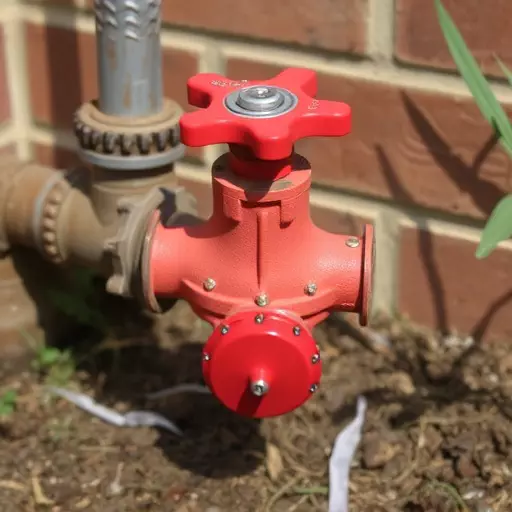
Backflow preventers are crucial for protecting potable water supplies in industrial settings from co…….